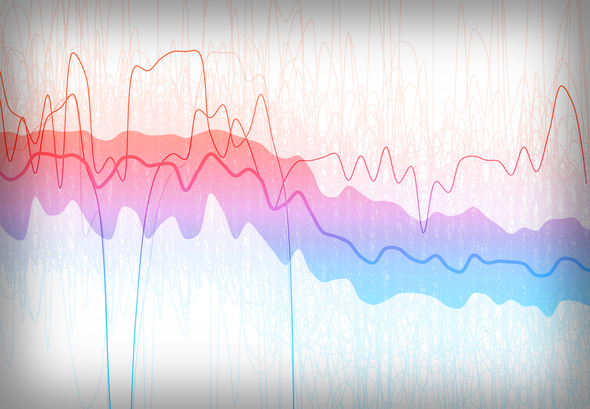Earthquakes send strong tremors through the earth's crust, recorded by seismometers planetwide. Human bustle also creates an ongoing, high-frequency vibration—a background buzz—in the rock. After cities, states and countries implemented lockdowns to try to slow the spread of COVID-19 this past spring, the volume of human ground noise fell by up to 50 percent on average in various regions, as people stayed home instead of taking cars, buses and trains to work and school and as businesses and industries curtailed operations. The decline, evident for months, was recorded by seismometers as deep as 400 meters underground. “We were surprised,” says seismologist Stephen Hicks of Imperial College London, “that noise from daily human activity penetrated that far down.”
COVID Pandemic Reduces Seismic Noise
Vibrations in the earth’s crust generated by human activity dropped as lockdowns went into effect

This article was originally published with the title "COVID-19 Quiets the Earth" in Scientific American 323, 6, 84 (December 2020)
doi:10.1038/scientificamerican1220-84


